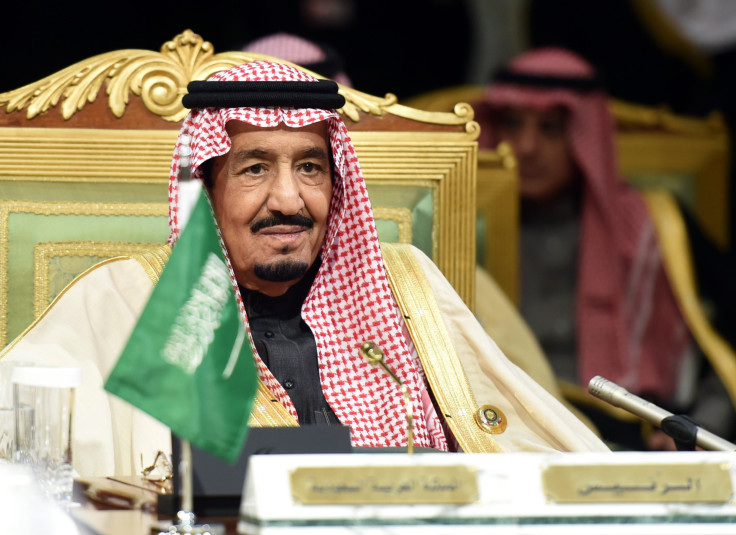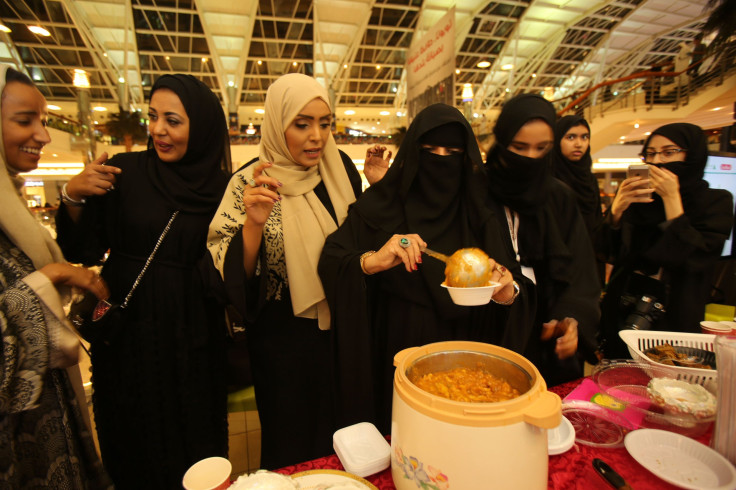Saudi Arabia's 2016 Budget Creates 'New Normal,' But Is Only Part Of Solution To Economic Crisis: Experts

Saudi citizens are in for a rude economic awakening in the coming years, analysts predicted this week after the government released its 2016 budget and plans aimed at narrowing a predicted $87 billion deficit linked to low oil prices. Austerity has finally arrived in Saudi Arabia, and although it's already proving unpopular, it might not be sufficient.
“A lavish welfare state that breeds indolence and apathy must one day come to an end,“ the Financial Times wrote Friday, adding, “The past week’s announcements are the beginning of a new normal for a country that fears any kind of change.“
Saudi Arabia, which in 2015 got about three-fourths of its total revenue from oil, is known for its robust state welfare programs. The nation's roughly 30 million people don't pay income or sales taxes, and items like fuel and food are traditionally heavily subsidized. The youth unemployment rate is about 30 percent.
But oil prices recently hit an 11-year low, and Saudi Arabia refused to limit production in response. This, in turn, led to a deficit of about $98 billion this year, the Wall Street Journal reported. With no signs of the trend changing, the government decided to cut public spending in 2016.
“Our economy has the potential to meet challenges,” King Salman said in a speech Monday.

One way it's doing that is by limiting benefits for citizens. Saudi Arabia raised domestic gas prices by as much as 80 percent Tuesday, increasing the cost of 95-octane gas to 24 cents per liter — still cheap by international standards but worrisome for citizens accustomed to relying on the government. Other adjustments to water and electricity were expected by 2020.
The backlash has already begun. Gas stations saw huge lines Monday night as people scrambled to fill up their tanks before the price increases took effect. “They are entering too many wars and need more money," Jihad al-Najjar, 22, told Reuters.
Meanwhile, other experts argue adaptation to the “new normal“ needs to extend to other areas of the economy. The Financial Times said to cope with the changing global oil business, Saudi Arabia needs to revamp its education system to produce more skilled workers in more sectors — including women.
The Brookings Institution echoed that stance in a Wednesday essay, asserting that switching up subsidies — though a good first step — wasn't enough to combat the overarching issue.
“Saudi Arabia must act fast and smart by starting to gradually cut down on their subsidies, reduce superfluous spending on defense and start privatizing selected state-owned entities to generate cash and crucially create employment opportunities for its youth, which represents either the greatest threat or beneficiary of such budget plans and related policies,“ the essay said.
© Copyright IBTimes 2024. All rights reserved.












